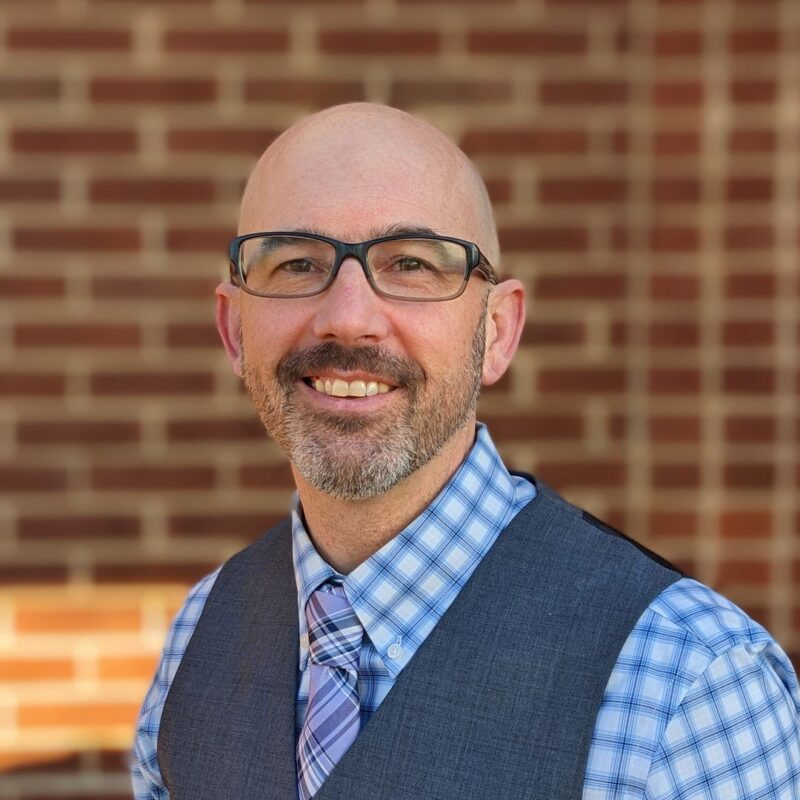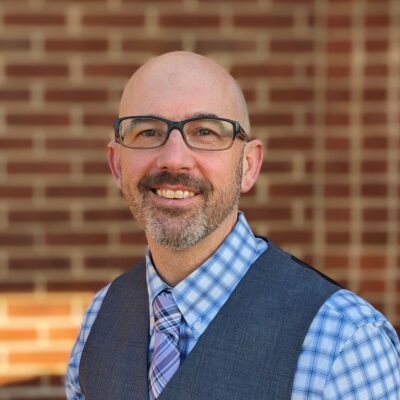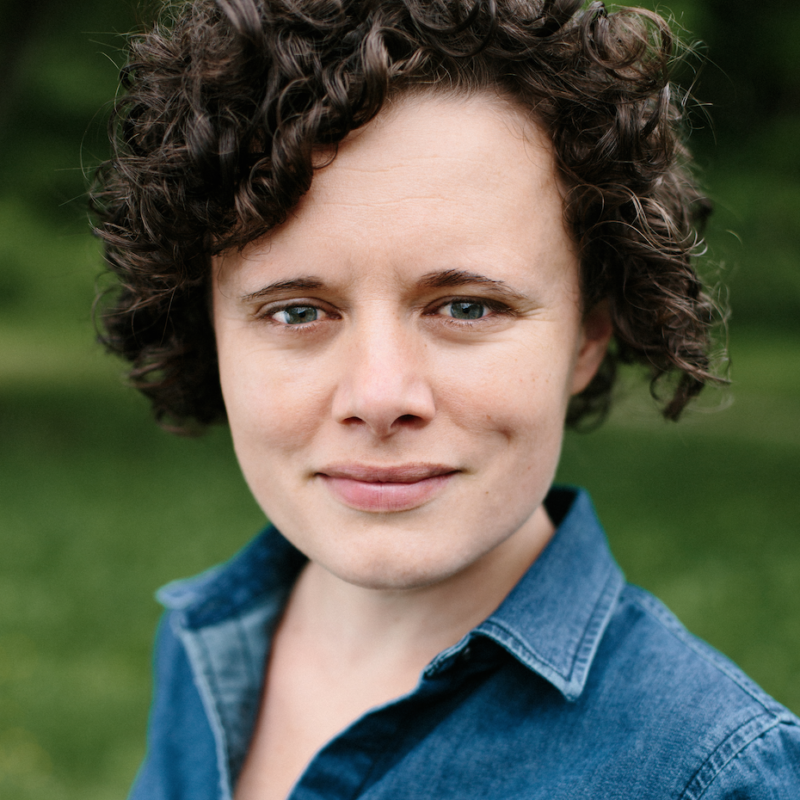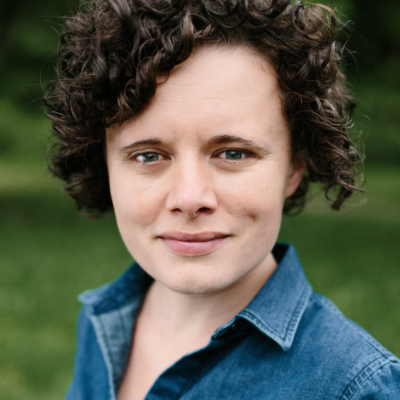Days before Ramadan, Islam’s month-long holy fast, the ACLU of Virginia sent letters to sheriffs and jail superintendents throughout the state to reiterate the religious rights of Muslim inmates. Each year, writes ACLU fellow Thomas Fitzpatrick, Muslim inmates complain about meals served during the hours when they are required to fast. The letters remind superintendents that the Department of Corrections provides meals before sunrise and after sunset, as well as a third meal for the late night hours.
|
Shaykh Nooruddeen Durkee, director of Charlottesville’s Green Mountain School, has coordinated Koran and prayer rug dona-tions to the jail, but says it is still difficult to get materials to Muslim inmates.
|
“This is a simple, inexpensive accommodation of religious beliefs that is available for most incarcerated persons in Virginia,” writes Fitzpatrick. “The ACLU of Virginia urges you to abide by the law by accommodating the dietary requirements of your inmates during Ramadan this year.”
Two days after the ACLU sent its letter, C-VILLE Weekly received a similar complaint from Sinatra Lewis, an inmate at the Albemarle-Charlottesville Regional Jail (ACRJ). Lewis alleges that Muslim inmates at ACRJ are not receiving a third meal, and lack sufficient prayer rugs and copies of the Koran.
“These matters must be brought to the Muslim community and the public, for help is needed from the outside and phone calls need to be made,” writes Lewis.
Alonzo Minor, chaplain at the jail for nearly 10 years and an ex-offender who served time for distribution of a controlled substance, says the predominate faith at the jail is Christianity. Among the hundreds of inmates at the regional jail, Minor says only 10 to 12 are practicing Muslims. He says that the jail offers appropriately scheduled meals, and adds that all inmates may purchase Korans, Bibles and other religious texts from a jail canteen service.
As for prayer rugs, Minor says the jail relies on donations from area residents and resources like the Islamic Society of Central Virginia and the Green Mountain School, a Charlottesville-based Islamic study center.
Shaykh Nooruddeen Durkee, who returned to Charlottesville more than a decade ago to direct the Green Mountain School, says his organization fields requests from across the state and country for prayers rugs and Korans, and supplies inmates who ask for materials.
“Having said that, it’s difficult on a lot of levels to get things in,” says Durkee. “I don’t exactly know why that is.” Some jails, he explains, don’t accept hardcover books, out of concern that their spines may be used to store weapons. Others ask that Korans be printed in English instead of Arabic. He says he is unaware of the degree to which Islamophobia might influence situations at different jails. Sometimes, materials are sent but, according to Durkee, are not received by inmates, or are received late.
Lieutenant Colonel Roland Beauford, deputy superintendent at ACRJ, says the jail administration supports religious services for all inmates, and that the process for obtaining a Bible is no different than that for obtaining a Koran.
“We encourage all services here at the jail,” says Beauford. He says that, as far as he can recall, the jail has always supported inmates who wish to observe Ramadan.
“We make sure that the meals are served at the appropriate times,” says Beauford. He adds that, save for meeting the fast schedule, the jail does not otherwise change its procedures much.
Lewis dated his letter August 1, and C-VILLE received a copy last week. The Ramadan holiday continues through sundown on August 29, at which point the dozen or so Muslim ACRJ inmates will return to their regular meal schedule. Chaplain Minor says that, at present, the inmates need more prayer rugs.
“They could definitely use some,” he tells C-VILLE.
Durkee—who calls Minor a good man and said he has worked with him in the past—says his organization will continue to help, but adds that it can be difficult to get materials into the hands of the inmates.
“It’s called a penal institution for a reason,” says Durkee. “People are penalized.”
/P1010260.jpg)





